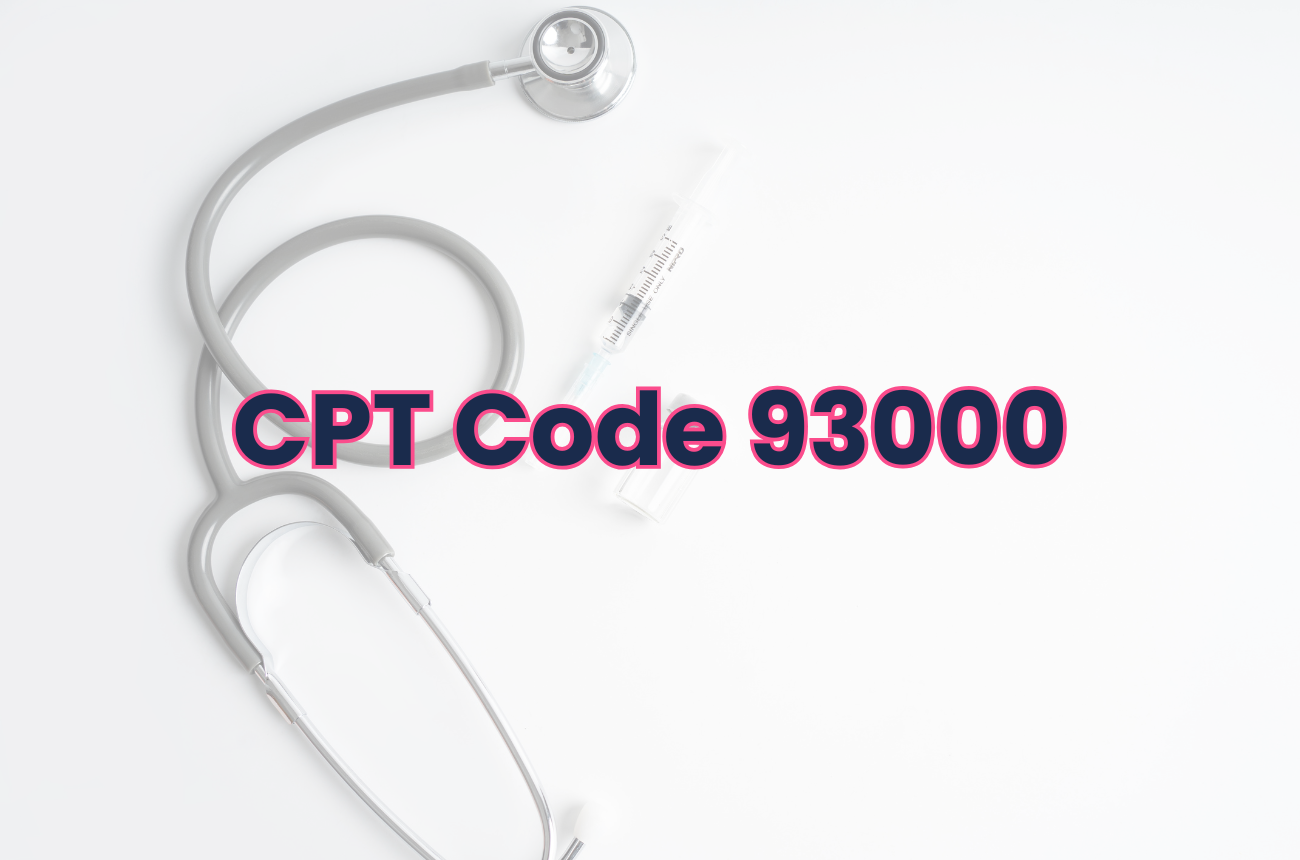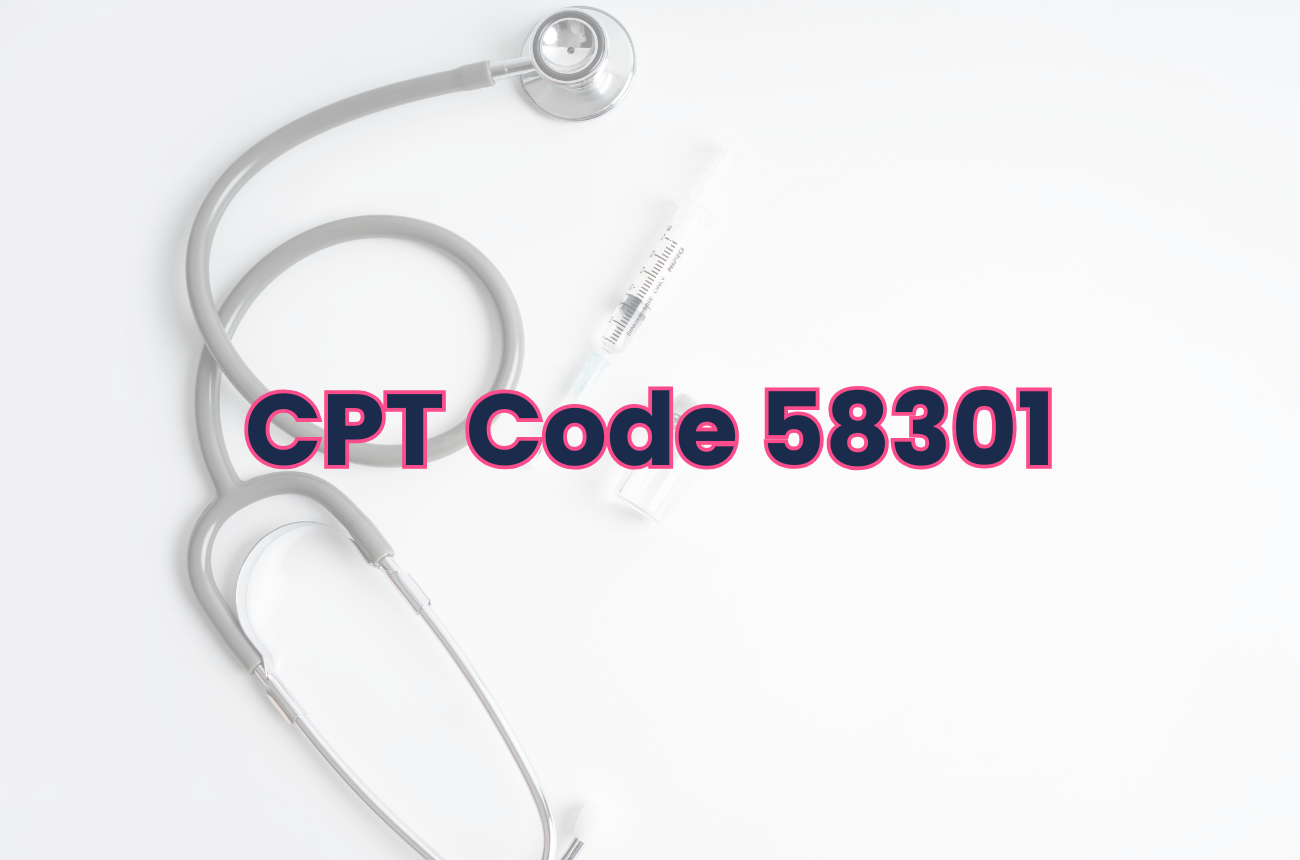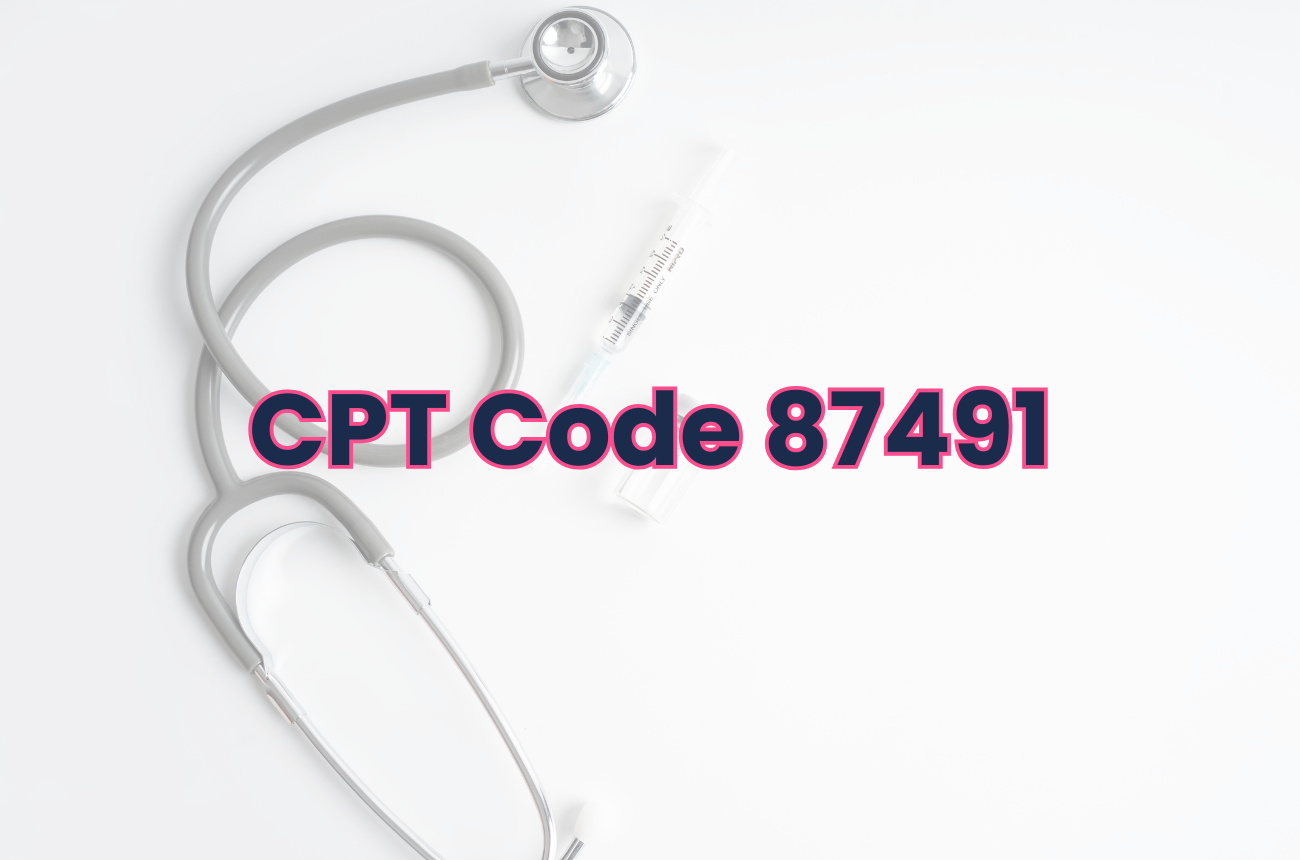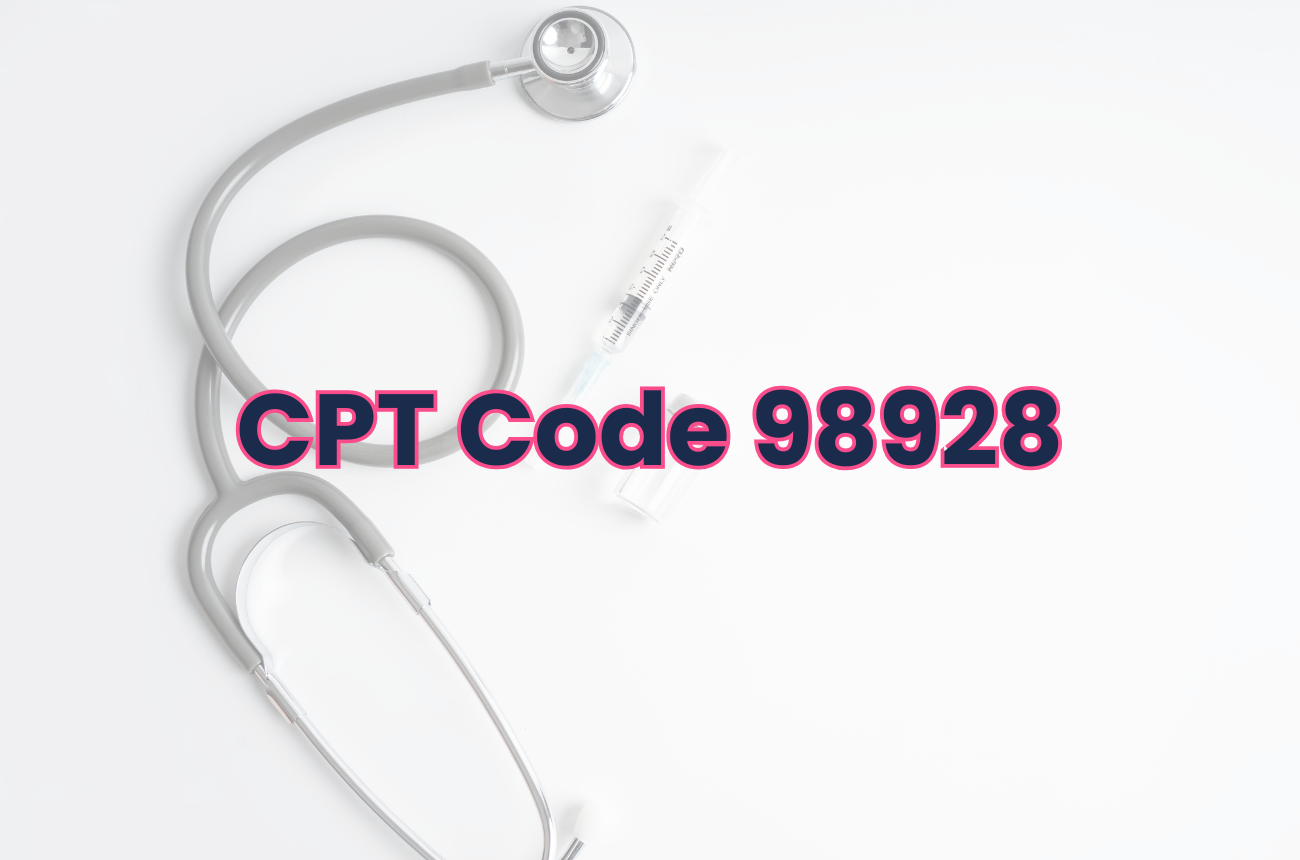CPT® code 93000 is used to report a routine electrocardiogram (ECG or EKG) test performed with at least 12 leads, including the physician or qualified healthcare professional’s interpretation and written report. This test is widely used in outpatient, inpatient, and emergency settings to evaluate cardiac function and detect abnormalities.
What is CPT Code 93000?
CPT 93000 describes a comprehensive electrocardiographic procedure that records the electrical activity of the heart from multiple perspectives using at least 12 leads. The test captures heart rhythm, conduction patterns, and potential signs of ischemia, arrhythmias, or myocardial infarction.
This procedure typically involves:
- Placement of electrodes on the patient’s chest and limbs
- Recording electrical signals from the heart over several seconds
- Analyzing the waveforms to identify abnormalities
- Providing a detailed interpretation and generating a formal report
ECGs are critical diagnostic tools in cardiology and primary care for patients presenting with chest pain, palpitations, syncope, or other cardiovascular symptoms.
When to Use CPT Code 93000
Use CPT 93000 when performing a standard 12-lead ECG with interpretation and report on a patient to assess cardiac electrical activity.
Common clinical indications include:
- Evaluation of chest pain or suspected acute coronary syndrome
- Screening for arrhythmias or conduction disturbances
- Monitoring cardiac status in patients with known heart disease
- Preoperative cardiac assessment or baseline testing
- Routine cardiovascular risk assessment in high-risk patients
Documentation should include:
- Reason for ECG testing
- Description of the procedure and electrode placement
- Interpretation findings with clinical correlation
- Any subsequent management decisions based on results
Coding Considerations
- CPT 93000 includes both the technical component (performing the test) and the professional component (interpretation and report).
- If the technical and professional components are performed by different providers or entities, modifiers TC (technical component) and 26 (professional component) should be used accordingly.
- Repeat ECGs on the same day may not be separately reimbursed unless medically necessary and documented.
- Proper linkage to ICD-10 diagnosis codes related to cardiac symptoms or conditions is important for claim approval.
CPT 93000 and Cardiac Diagnostic Care
The 12-lead ECG is a frontline tool for diagnosing many cardiac conditions, guiding treatment decisions, and monitoring disease progression. Timely and accurate ECG interpretation can significantly affect patient outcomes.
Ensuring precise documentation and coding supports reimbursement and enhances the quality of care delivery.
Simplify Cardiac Testing and Documentation with OptiMantra
For practices conducting routine ECGs, OptiMantra offers integrated solutions to streamline workflow and billing, including:
- Customizable templates for documenting ECG procedures and interpretation
- Coding CPT 93000 with linkage to relevant ICD-10 diagnoses
- Electronic storage and retrieval of ECG reports within patient charts
- Scheduling and reminder systems for follow-up cardiac evaluations
- Seamless claim generation and submission to optimize reimbursement
With OptiMantra, healthcare providers can efficiently manage cardiac diagnostic services—delivering thorough care while minimizing administrative burden.
Try OptiMantra for free here!
.png)





